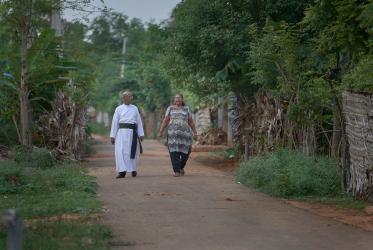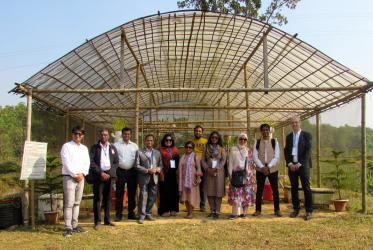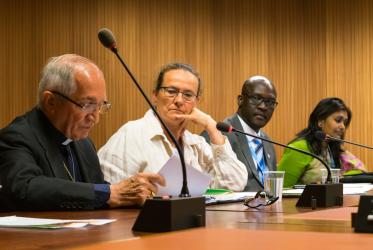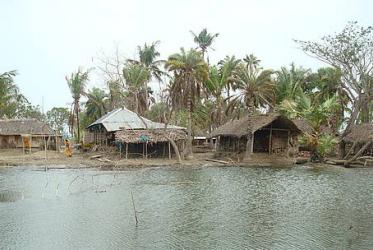Displaying 1 - 20 of 21
Unity is key when health crisis poses new challenges in Asia
28 February 2022
Climate crisis fuels existing water injustice
27 October 2021
Peacemakers at work in Sri Lanka
29 April 2019
Workshop in Bangladesh links climate, economic justice
07 February 2019
WCC Executive Committee speaks out on migrant crises
12 June 2015
Consultation brings rights of religious minorities into focus
18 September 2013
Concern and solidarity for Bangladesh
17 May 2013













